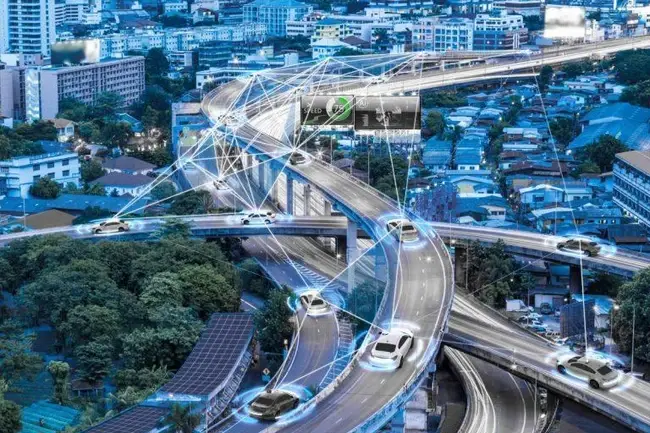
Despite the absence of Utopian landscapes and Back to the Future-esque skylines, the smart city era has arrived. From Lahore to Milan, smart city projects and initiatives are underway across the globe to deliver a more connected future.
Smart cities are born out of the tech advancements of today. Improved telecommunications, increased connectivity through Internet of Things (IoT), and faster internet speed are all among the contributing factors to this new age.
The definition of 'smart city' is still up for debate, but the general gist of it is this: smart cities are those which embrace and utilise technology across all city functions. In particular, this refers to the environment, day-to-day living, healthcare, governance, and mobility, among others. In other words, smart cities are going to zhuzh up citizens' daily activities and well-being through technology.
However, if smart systems become ubiquitous across any given region, it'll impact more than just people at home. Businesses too can soak up the perks of a smarter city through the innovative services they offer.
On the roads
Smart cities can significantly boost efficiency for businesses. Firstly, it's convenient; smart offices will come equipped with faster internet, allowing employees to work quicker. Simultaneously, the improved internet connection enables employees to work from anywhere at any time. For the business as a whole, it will have the luxury of being able to experiment with technologies that necessitate stronger connection. In a data-driven world, organisations will be able to harness even more of it, and at speed.
By the same token, ubiquitous fast connection will allow employees on the go to enjoy getting from point A to B much better than ever. This is because smart cities will have better traffic management. In areas such as London and across India where traffic jams are commonplace, IoT and a connected infrastructure can help manage congestion. Across an IoT-driven network of traffic control, smart cars, parking monitors, and more, traffic could become a thing of the past.
In the office
Within the office, you can better monitor the whereabouts of employees for smoother running of the day. This isn't the same as workplace surveillance; instead, organisations will be able to monitor which rooms are in use and by whom. Similarly, you can better track who is entering and leaving your building, giving you a tighter grip on security. In fact, traceability will enhanced overall, as employees will be able to leave digital footprints as they move throughout the office.
Another perk of smart cities is that they can help businesses cut back on costs. Offices could easily be kit out with smart lighting and temperature facilities to minimise overuse. Instead of being controlled by humans (who may forget to turn the functions off), detectors can ensure a comfortable working environment is maintained. As a result, businesses can better control their spending while keeping employees happy.
However, the benefits of a smart city may not fully be realised until further notice. Smart cities are still very much in their advent, so many more perks could potentially reveal themselves. Although they necessitate hefty investments, if predictions are anything to go by, regions can expect great return.
Enjoy this piece? Check out our top 10 digital transformation services.













Comments ( 0 )